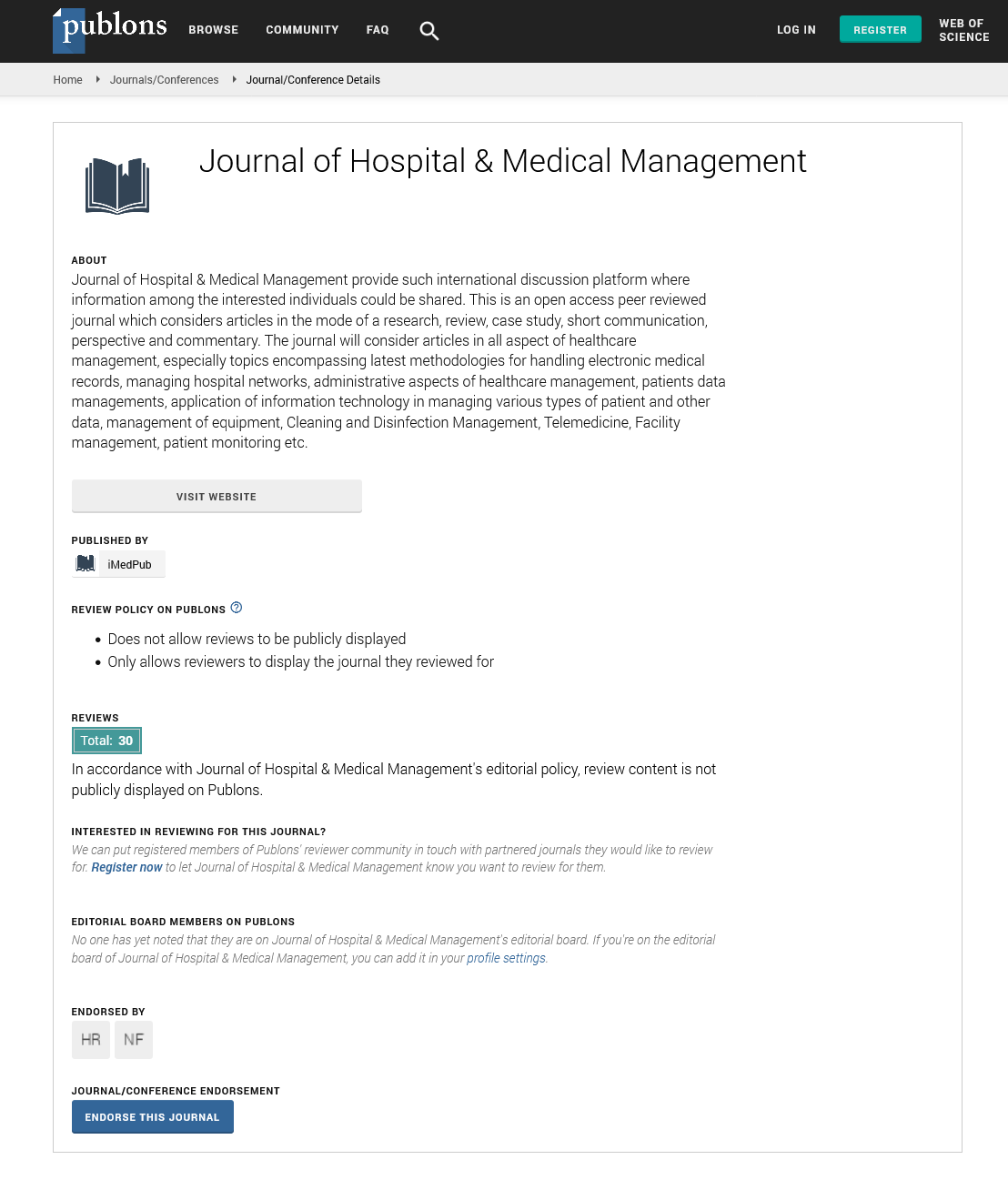Abstract
An Economic Analysis of Using Scribes to Improve Hospitalists Workload
Hospitalists often experience the stress of high workloads. After the implementation of electronic healthcare record systems (EHRs), hospitalists on average spend 20% of their time documenting patients’ records in the EHR. One way to optimize hospitalist workloads is to partner them with scribes. This paper assesses how to economically justify having hospitalists work with scribes by taking into consideration many of the advantages of using a scribe in an inpatient setting.
Having scribes help manage patient records saves a significant amount of hospitalists’ time. Using data from the literature, four alternative approaches are considered to evaluate the financial impact of using scribes on hospitalists’ workload. A hospital needs to improve its case mix index (CMI) to help cover the cost of using scribes. Also, a hospital can reduce the number of hospitalists needed or increase admissions based on scribes improving hospitalists’ productivity. Additionally, considering scribes’ impact on hospitalists’ burnout reduces the required improvement in the CMI and admissions or the reduction in the number of hospitalists needed to offset scribes’ cost. Combinations of the approaches are also considered. Additionally, an Excel tool is developed to help decision makers in hospitals allocate hospitalists’ time savings and to assess the financial impact of scribes working with hospitalists for their context.
Scribes working with hospitalists can be cost justified in several ways as they help hospitals improve billing, reduce the number of hospitalists needed, facilitate increased admissions, and reduce hospitalist burnout.
Author(s):
Hamzi A, Norman BA
Abstract | Full-Text | PDF
Share this

Google scholar citation report
Citations : 319
Journal of Hospital & Medical Management received 319 citations as per google scholar report
Journal of Hospital & Medical Management peer review process verified at publons
Abstracted/Indexed in
- Google Scholar
- China National Knowledge Infrastructure (CNKI)
- WorldCat
- Publons
- International Committee of Medical Journal Editors (ICMJE)
Open Access Journals
- Aquaculture & Veterinary Science
- Chemistry & Chemical Sciences
- Clinical Sciences
- Engineering
- General Science
- Genetics & Molecular Biology
- Health Care & Nursing
- Immunology & Microbiology
- Materials Science
- Mathematics & Physics
- Medical Sciences
- Neurology & Psychiatry
- Oncology & Cancer Science
- Pharmaceutical Sciences


